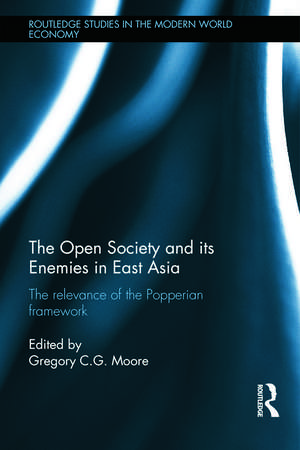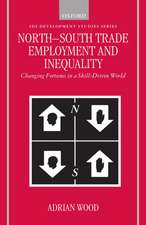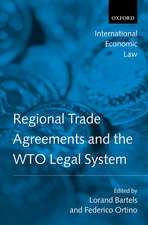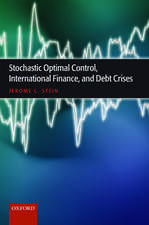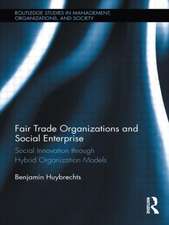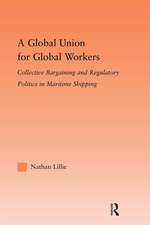The Open Society and its Enemies in East Asia: The Relevance of the Popperian Framework
Editat de Gregory G. C. Mooreen Limba Engleză Hardback – 28 apr 2014
The narrative of this book is driven by a research agenda that is inter-disciplinary in nature, since to make the link between the Popperian framework and East Asian socio-economic relationships the contributing authors needed to draw upon research fields as far apart as political philosophy and East-Asian studies. With one or two exceptions, however, nearly all of the contributing authors have a background in economics, and this background is reflected in the way that they have sought to tackle the research question. This book is, in short, an inter-disciplinary exercise undertaken from an economics perspective, and hence it may best be described as an exercise in political economy rather than pure analytical economics.
The novelty of juxtaposing Popperian ideas with a discussion of social, political and economic development in South East Asia makes this narrative of interest to both political philosophers and specialists in South East Asian economies. The key insight drawn from the analysis is that although Karl Popper’s The Open Society and Its Enemies was a product of a European time and place, it is also relevant to anyone seeking to understand the recent history of the East Asian economies.
| Toate formatele și edițiile | Preț | Express |
|---|---|---|
| Paperback (1) | 257.49 lei 6-8 săpt. | |
| Taylor & Francis – 14 oct 2024 | 257.49 lei 6-8 săpt. | |
| Hardback (1) | 818.71 lei 6-8 săpt. | |
| Taylor & Francis – 28 apr 2014 | 818.71 lei 6-8 săpt. |
Preț: 818.71 lei
Preț vechi: 1139.76 lei
-28% Nou
Puncte Express: 1228
Preț estimativ în valută:
156.71€ • 170.28$ • 131.72£
156.71€ • 170.28$ • 131.72£
Carte tipărită la comandă
Livrare economică 21 aprilie-05 mai
Preluare comenzi: 021 569.72.76
Specificații
ISBN-13: 9780415739238
ISBN-10: 0415739233
Pagini: 180
Ilustrații: 1 black & white illustrations, 5 black & white tables, 1 black & white line drawings
Dimensiuni: 156 x 234 x 15 mm
Greutate: 0.39 kg
Ediția:1
Editura: Taylor & Francis
Colecția Routledge
Locul publicării:Oxford, United Kingdom
ISBN-10: 0415739233
Pagini: 180
Ilustrații: 1 black & white illustrations, 5 black & white tables, 1 black & white line drawings
Dimensiuni: 156 x 234 x 15 mm
Greutate: 0.39 kg
Ediția:1
Editura: Taylor & Francis
Colecția Routledge
Locul publicării:Oxford, United Kingdom
Public țintă
Academic, Postgraduate, and UndergraduateCuprins
Prefatory Remarks. The Context for the Open Society and its Enemies in East Asia Gregory C. G. Moore 1. Karl Popper and the Idea of an Open Society Jeremy Shearmur 2. Karl Popper and Thailand’s Political Crisis: The Monarchy as the Problem for an ‘Open Society’ Patrick Jory 3. Thai Populism and the Middle Income Trap Peter Warr 4. Least Free: The Economic Consequences of Fifty Years of Totalitarian Rule in Burma Sean Turnell 5. Development and Freedom in Burma Ron Findlay 6. The Rise and Robustness of Economic Freedom in China Rod Tyres 7. Karl Popper’s Idea of an Open Society: A Challenge to and from, Singapore Jeremy Shearmur 8. Popular Despotism: An Economist’s Explanation William Coleman
Descriere
The ideas contained in Karl Popper’s The Open Society and Its Enemies—one of the most important tracts in political philosophy in the twentieth century—are relevant to anyone seeking to understand the recent history of the East Asian economies. Even though Popper wrote his tract to provide an explanation for both the rise and objectionable nature of totalitarian regimes in Europe in the twentieth century, many of the arguments that he advanced in this European context also explain the social, political and economic relationships that are seen in modern South Eastern Asian economies.
